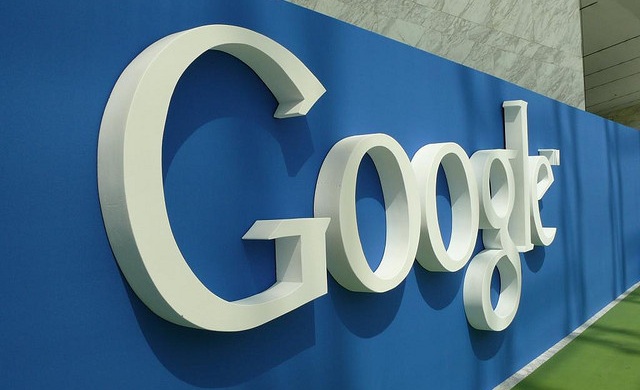In an announcement made Thursday night, Google told investors that it would be splitting its stock in a move meant to preserve the senior leaderships’ control of the company. The decision came as the web powerhouse surprised analysts with higher than expected first quarter earnings. Net income was $2.89 billion, up 60% from the first quarter of last year.

The split will create a new tranche of Class-C shares that hold no voting rights. Shareholders will receive one share of the new class per existing share, and the stock’s price will effectively be halved.
The split comes as Google’s founders, Larry Page and Sergey Brin, have expressed their concerns over losing majority voting control in the future. From now on, employees will be issued shares of the non-voting class stock to ensure that Page and Brin will retain voting control, and the company will also use the Class-C shares for stock-based acquisitions.
Hinting that Google is prepared to take bigger gambles in the future, Page and Brin defended their decision by saying that the split will prevent dilution of the voting stock.
“In our experience, success is more likely if you concentrate on the long term. Technology products often require significant investment over many years to fulfil their potential. For example, it took over three years just to ship our first Android handset, and then another three years on top of that before the operating system truly reached critical mass. These kinds of investments are not for the faint-hearted,” said the Google founders in a letter released Thursday night.
Page urged investors to trust the founders’ vision, pointing to past bets that panned out favorably, such as the firm’s acquisition of YouTube, and the development of Android, Google’s patented operating system for smartphones. After a sluggish beginning, the Android platform is now the most popular smartphone operating system.
Cause for Concern?
While investors were surely pleased with Google’s earnings for the quarter, one measure of the company’s wellbeing may raise some concerns. Google’s “cost-per-click (CPC)” – the amount Google charges advertisers when its users click on an ad – fell by 6% for the second quarter in a row.
While many may be concerned over this news, Page and Brin are certainly not worrying.
“If anything, lower CPCs give better return on advertising spend: it’s a lower cost so a better return on investment for advertisers,” said the founders. The pair say the drop in CPC revenue can be attributed to the rise in internet usage on mobile devices, in addition to factors such as foreign exchange rates, and an improvement in the quality of advertising.
Page added that future gains in CPC for mobile devices could make up for the present losses.
While Google has seen increases in CPC from tablet devices, namely Apple’s iPad (which uses Google as its default search engine), Page hinted that the company could soon break into the tablet market. However, recognizing the iPad’s seemingly untouchable status in the tablet world, Page asserted that the company would try to develop a device that could compete with Amazon’s Kindle Fire at the lower end of the market.
References
↑ Company History
↑ BBC News
↑ The Telegraph
↑ The Guardian
↑ Reuters


















